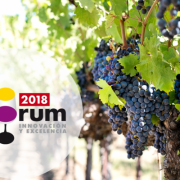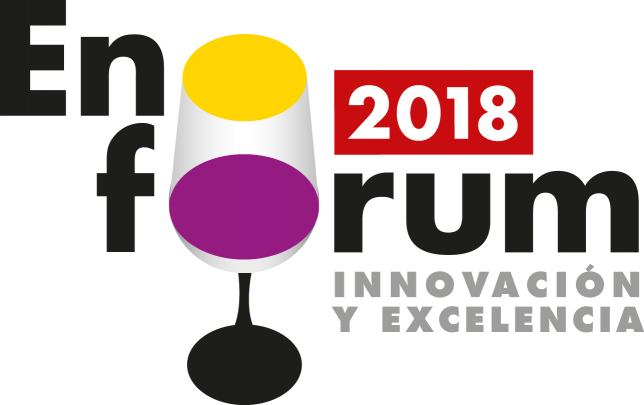
One of the leading scientific congresses for the vitivinicultural sector in Europe, Enoforum is above all a meeting place and a forum for debate for all wine and vine industry stakeholders.
Over the two days, more than 40 reports were presented on topics of great relevance and general interest.

Through a series of lectures, the 2018 event was an opportunity to examine the scientific aspects of important topics, such as:
- water management for grape maturation,
- the active and passive micro-oxygenation of wines,
- how temperature affects wine evolution,
- good practices for bulk and bottled wine trading.
In addition, several papers addressed themes as diverse as:
- the release of thiols in fermentation: genetic and nutritional factors,
- bioprotection in viticulture and oenology,
- the microbiological fertility of the soil: from scientific knowledge to vineyard application,
- the use of new treatments with regard to tartaric stabilisation,
- how to manage the negative and positive sides of sulphur compounds in wines,
- new techniques for the vinification of red wines,
- the reactivation of the basic functionalities of oak barrels through regeneration,
- the analytical approach of wineries and laboratories,
- a study on the impact of fermentation conditions on the production of esters by yeasts.
During this event, OIV Scientific Coordinator Dr Jean-Claude Ruf gave a talk on the OIV and its strategic role vis-à-vis new oenological practices. He emphasised the role of the OIV in the vitivinicultural sector as well as the main topics currently under evaluation.